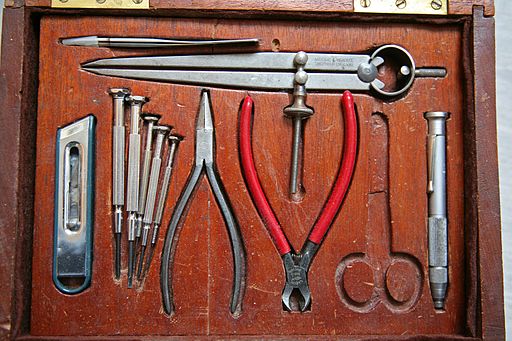
By Bahman (Flickr) [CC BY 2.0 (http://creativecommons.org/licenses/by/2.0)%5D, via Wikimedia Commons
Many Brandman students are on the leadership path, so here is a searchlight focus on how to search for information about transformational leadership.
1. Start on the library homepage. Type transformational leadership into the Discover! search box and click on “Search”
2. The first result you receive should be a Research Starter.

Research Starters are a great way to get some background information as well as some suggested search terms and a bibliography. Getting this type of basic information can deepen your understanding and provide a clearer vision of how you want to approach the topic. Discover! has many Research Starters covering a myriad of topics.
Now that you have that background information, you can narrow your topic in many ways.
1. Add the Scholarly (Peer Reviewed) Journals limiter
2. Place the term in quotation marks: “transformational leadership”
3. Change the dropdown limiter from Select a Field to SU Subject Terms
4. Change the date range
5. Add additional terms
As always, when you need assistance, ask a librarian. We’re here to help.














